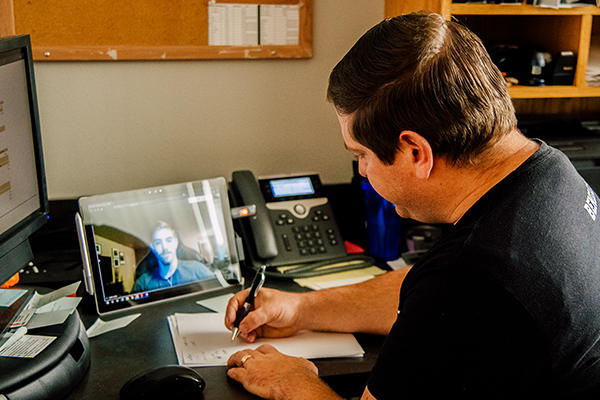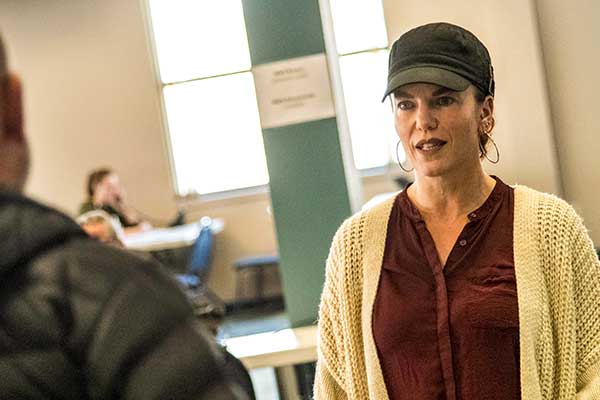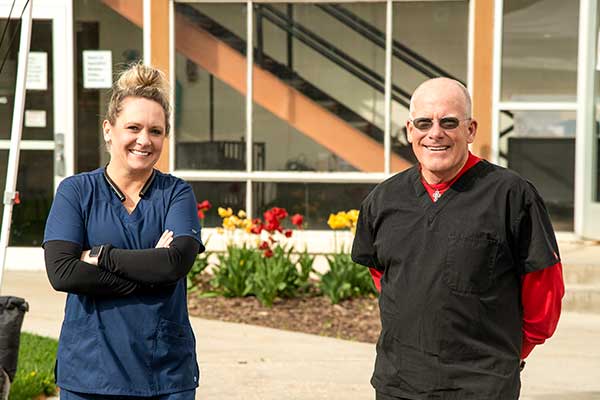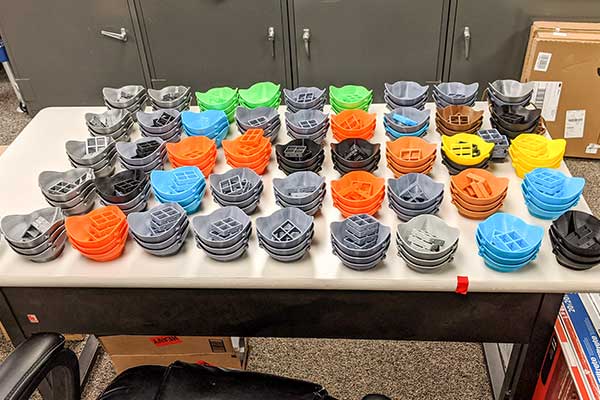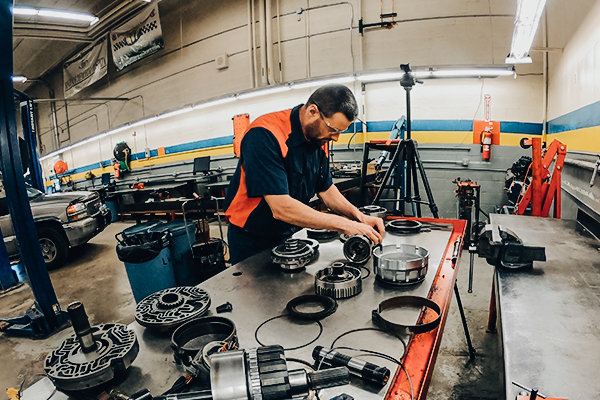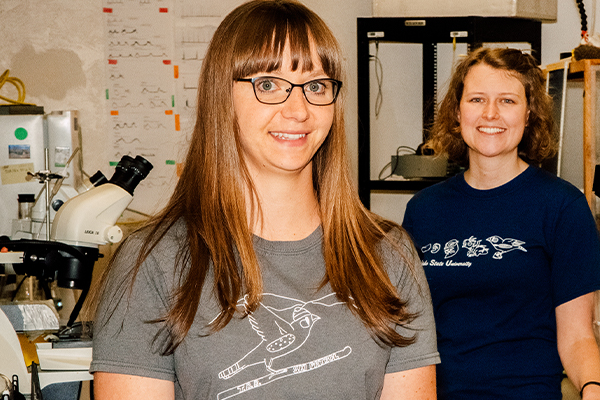Pandemic Doesn’t Stop ISU from Reaching and Advising Students
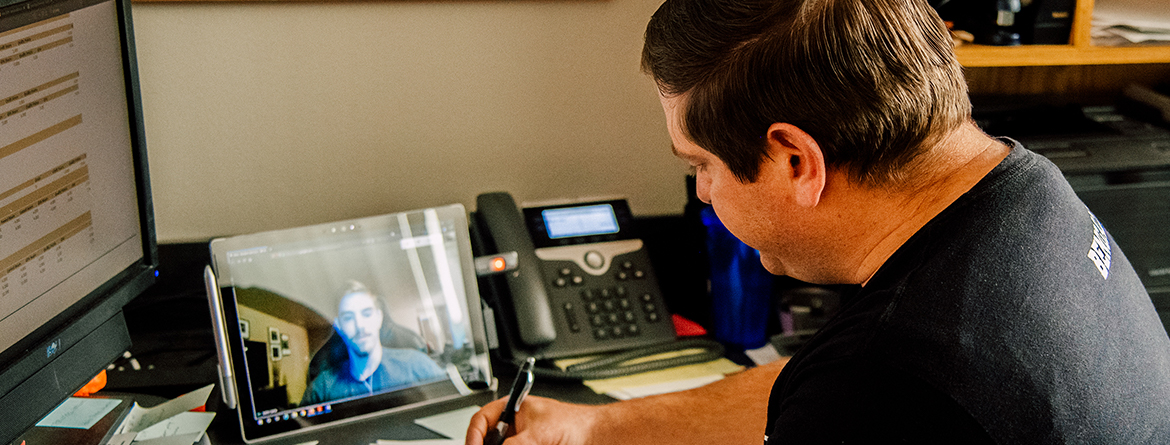
The coronavirus pandemic hasn’t stopped Idaho State University, led by Central Academic Advising, to reach out and talk one-on-one with thousands of students to give them advice on pursuing their education in these troubled times.
“Over the past two months we’ve registered more than 4,500 continuing students as well as 1,400 first time students. We are working everyday to track who is registered and who is still unregistered,” said Corey Zink, Executive Director of ISU Academic Advising and Assessment. “Due to Covid-19 our students are dealing with unique challenges, and we are working to engage each one and provide support as they consider how to continue their education.”
The University implemented a new initiative this year – to try to communicate directly with every student with an assigned academic advisor that is available and prepared to help them navigate their academic journey. This plan was interrupted by the pandemic, but it wasn’t derailed.
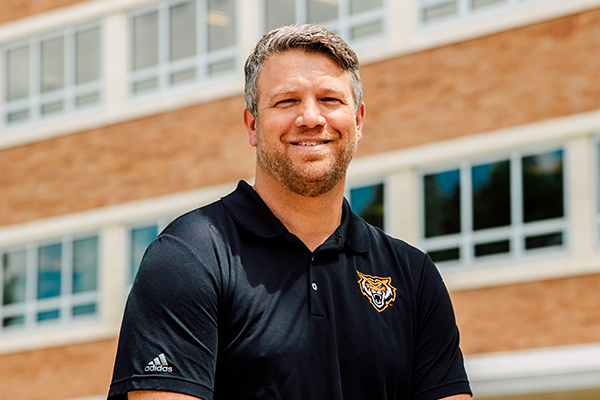
Corey Zink, Executive Director of ISU Academic Advising and Assessment
This spring, Idaho State had planned to hold a University-wide registration event where students on all of ISU’s campuses would have had the opportunity to meet with their assigned advisor and register in-person for fall classes. Unfortunately, this event had to be cancelled when the campuses were closed. Also a registration event for incoming freshmen, which generally attracts about 800 participants, was not held. Additionally students had to transition off campus and work to get their feet under them to continue the spring semester making it difficult to connect with advisors. These factors initially slowed the University’s new initiative.
“Since mid-April, our academic advisors have been contacting students and working to set up one-on-one advising appointments by phone and Zoom to get them registered for the summer and fall semesters,” Zink said. “We got off to a bit of a slow start but we are steadily making up ground.”
There is a large network of student advising at Idaho State that includes about 30 professional advisors.
“Many of our academic advisors wear multiple hats, they are not only represented within our colleges and within Central Academic Advising, but they also work in departments like athletics, TRiO, veterans services, the international programs office and the University honors program,” Zink said. “ISU has a great team of people working to serve our students.”
The goal of all these efforts is to provide our students quality advice. Zink said many of our students “can see the light at the end of the tunnel” and are going to continue one way or another to complete their degrees and have communicated that. For others, the decision to continue is much more complex.
ISU senior, Matt Scharf, shares a student perspective on how daily campus life evolved when ISU’s campus moved to distance based learning. Matt explains what ISU resources were available to him, even though he was one of the only few students left living on campus.
“Other students, for different reasons, whether it be their own health concerns or health concerns of family members, there are those experiencing new financial challenges, there are many potential scenarios and so some of our students are still considering what to do,” Zink said. “Part of our job in advising is to simply listen, participate in those important conversations, connect our students with helpful resources, and do our absolute best to remove barriers whenever possible.”
Zink said many students have expressed appreciation and thanked advisors for their efforts and that he is proud of what the ISU advising community has accomplished this spring.
“It has been amazing to watch our academic advisors, peer advisors, department chairs, faculty, and campus staff to connect with our students and provide support as they prepare to continue in the fall,” Zink said. “I am grateful to have the opportunity to work with this team and during this difficult situation with Covid, and we are determined to use this time to transition into a much more engaging and proactive advising environment.”
But Zink and company are not resting on their laurels.
“While we understand a great deal has been done over the last couple months, we also understand there is a long way to go and many more students to reach,” Zink said. “If we have learned anything with Covid, it is that things can change by the day, if not by the hour, and so we will continue reaching out to partner with our students and help them navigate all potential scenarios. We are going to continue to do that.”


